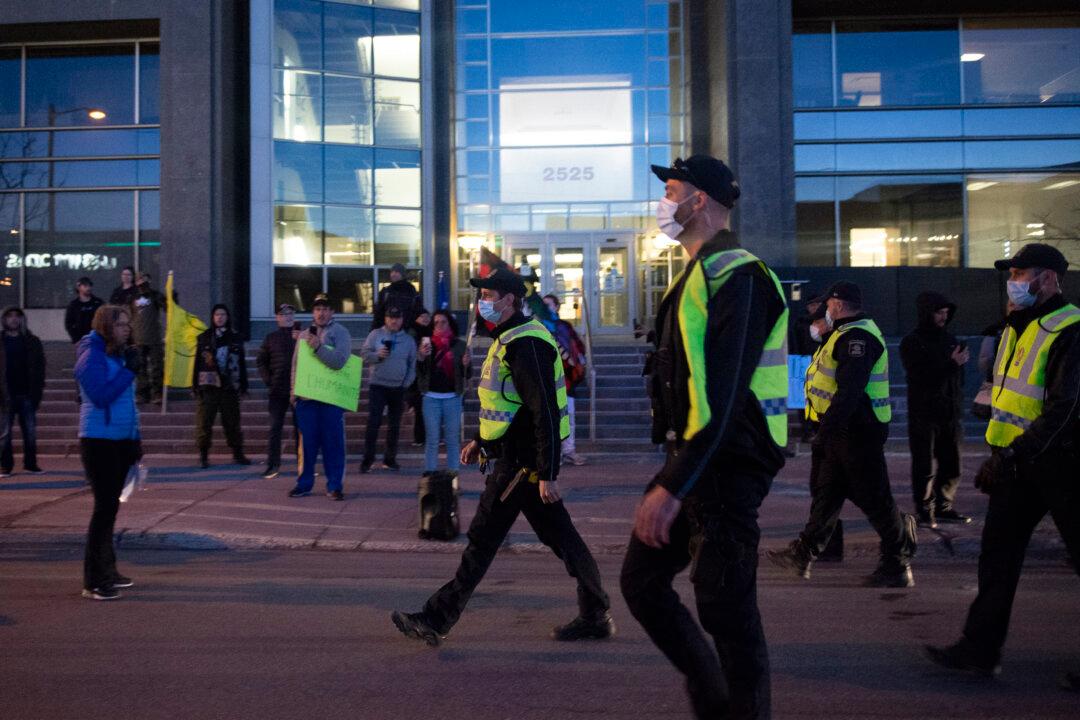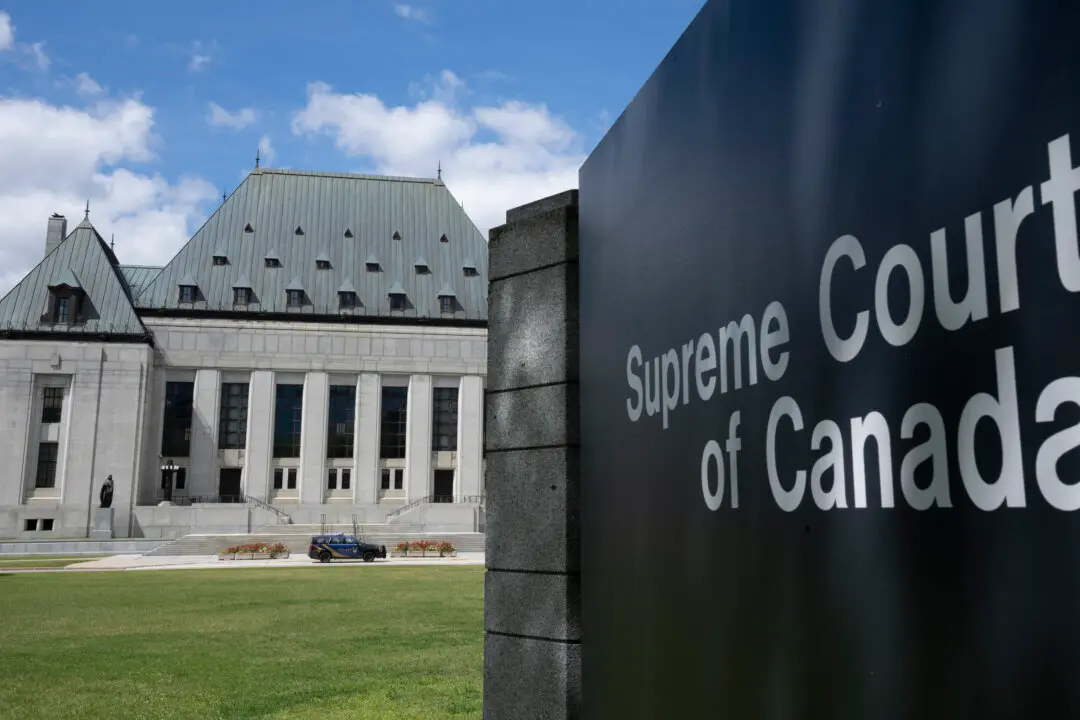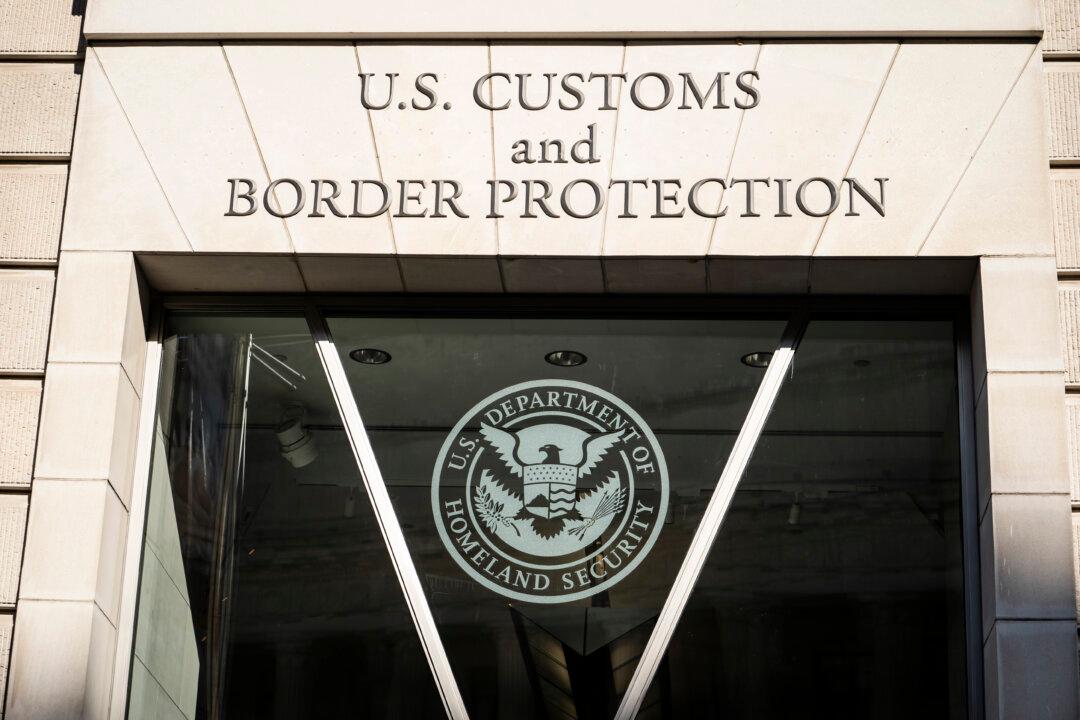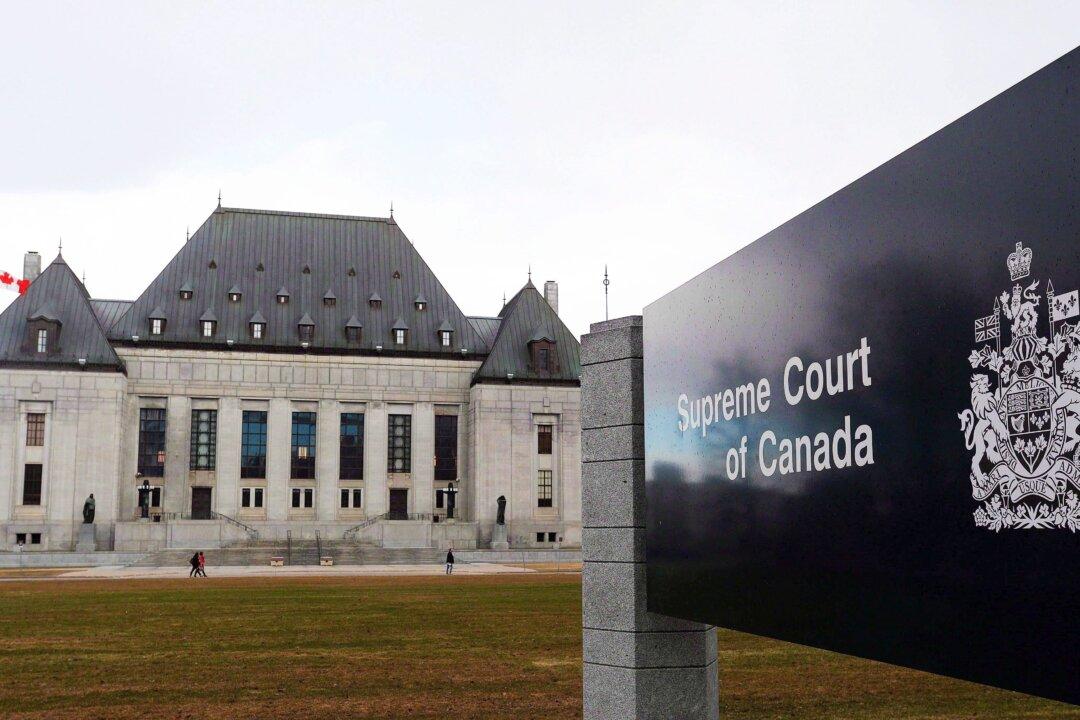Commentary
Between 1961, when the Berlin Wall was built, and 1989 when it came down, many daring escapes were made across the wall to freedom. By some accounts, around 5,000 people managed the feat, risking their lives in some audacious way like crawling through tunnels, using fake passports, flying in hot air balloons, walking tightropes, or busting through the wall in tanks, hoping not to be shot by border guards. Many thousands of people made the attempt and a couple of hundred are thought to have died in the attempt.





